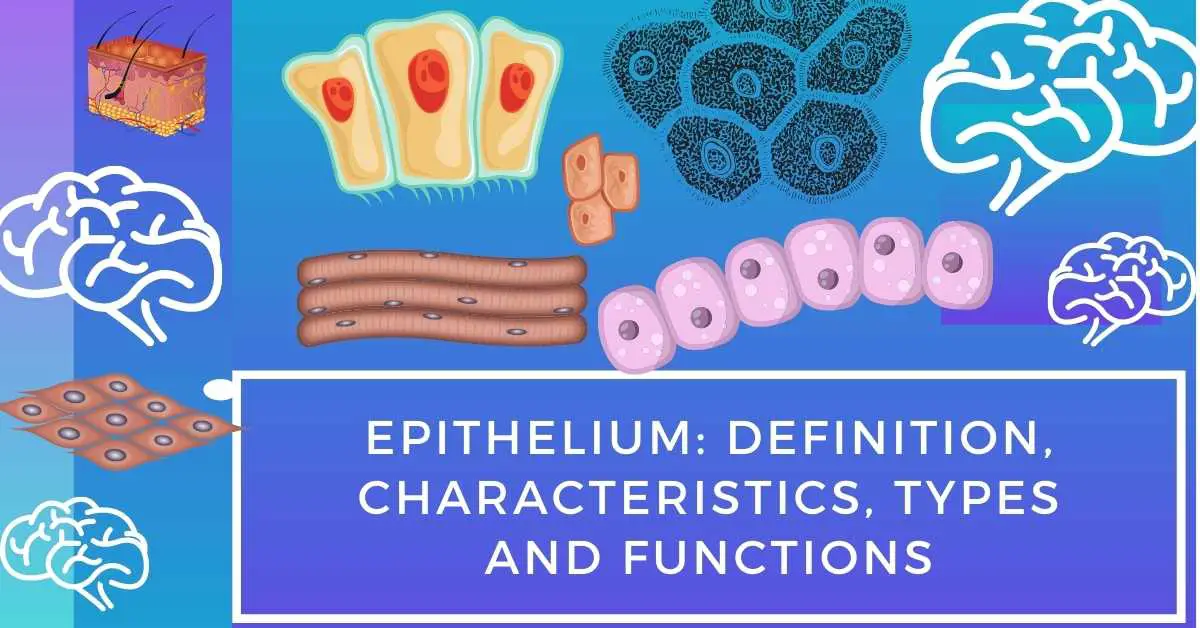Epithelium: Definition, Characteristics, Types and Functions
The animal body consists of the some elementary tissues. The tissue which forms a limiting and lining membrane (epithelial membrane) and covers the free surface of an organ is known as epithelial tissue or epithelium. Characteristics of Epithelium Classification of Epithelium According to the functions, the epithelial tissues are mainly classified into the following two … Read more

